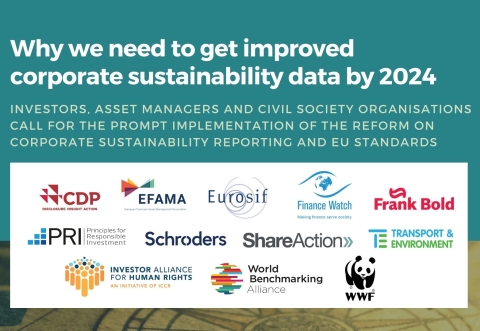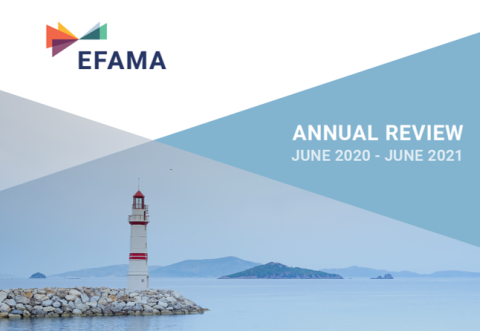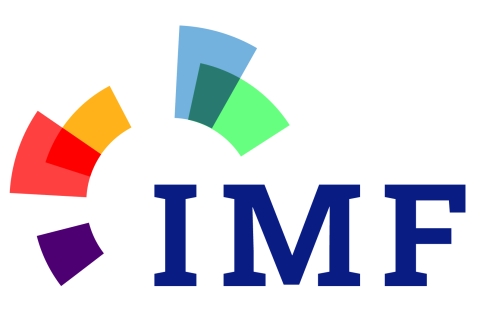EFAMA strongly supports the initiative carried out by EFRAG with the publication of the Exposure Drafts on the European Sustainability Reporting Standards (ESRS). The Exposure Drafts provide key elements framing the architecture of reporting requirements and clarifying the content and key concepts of CSRD. The resulting data will be of crucial importance for investors and for achieving the EU objective to transition towards a zero emissions economy by 2050.





































